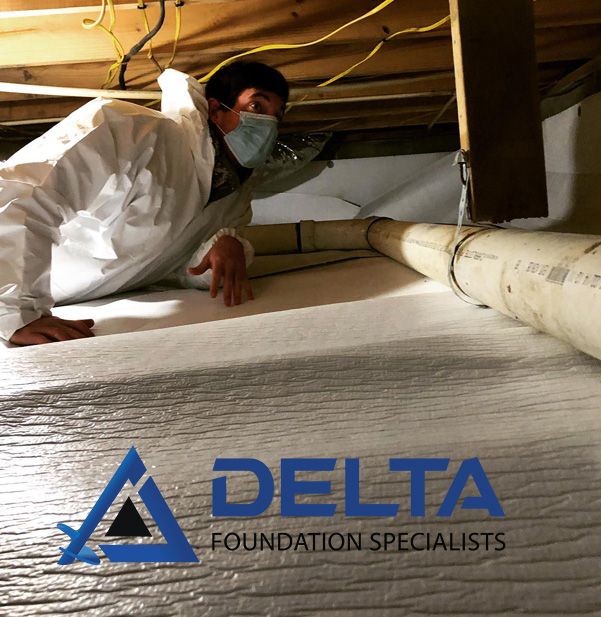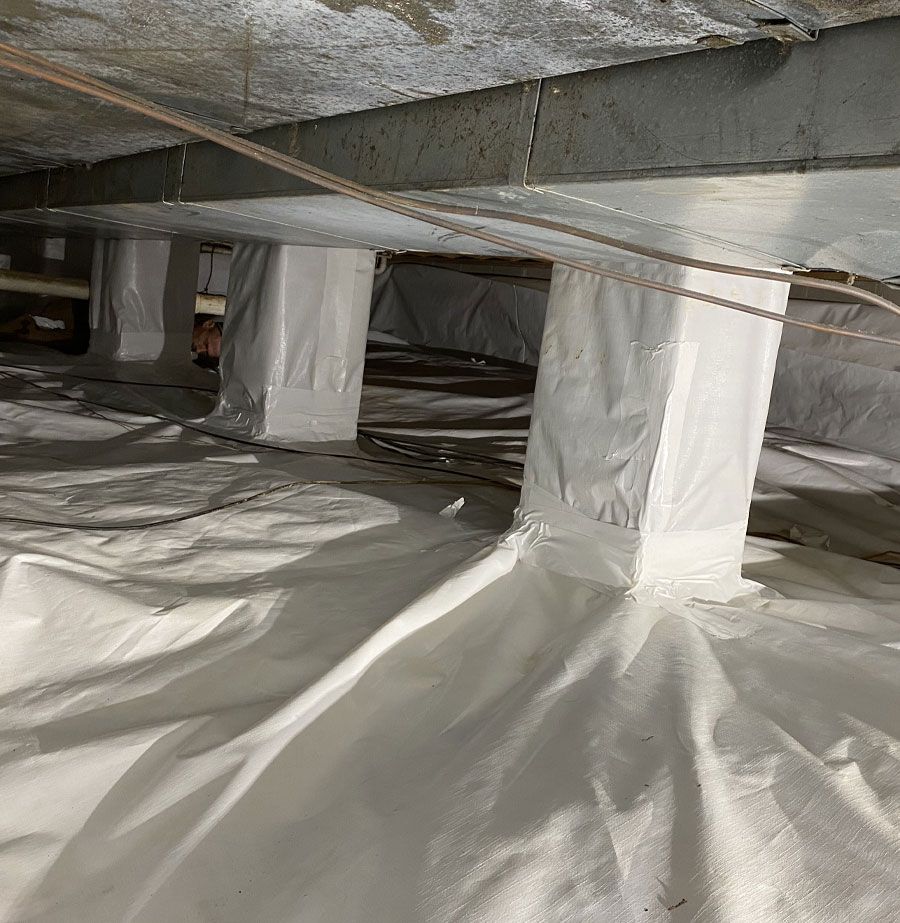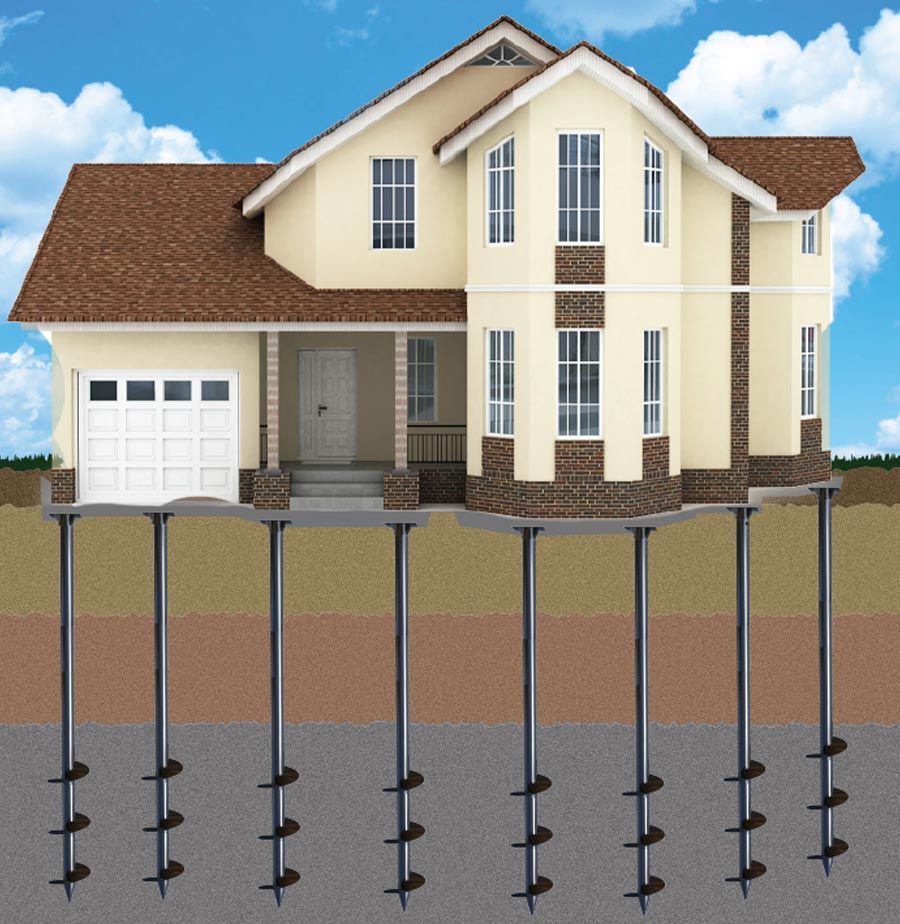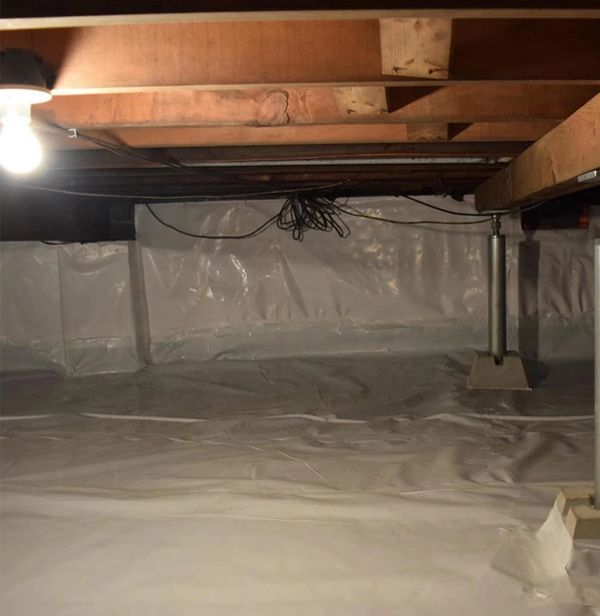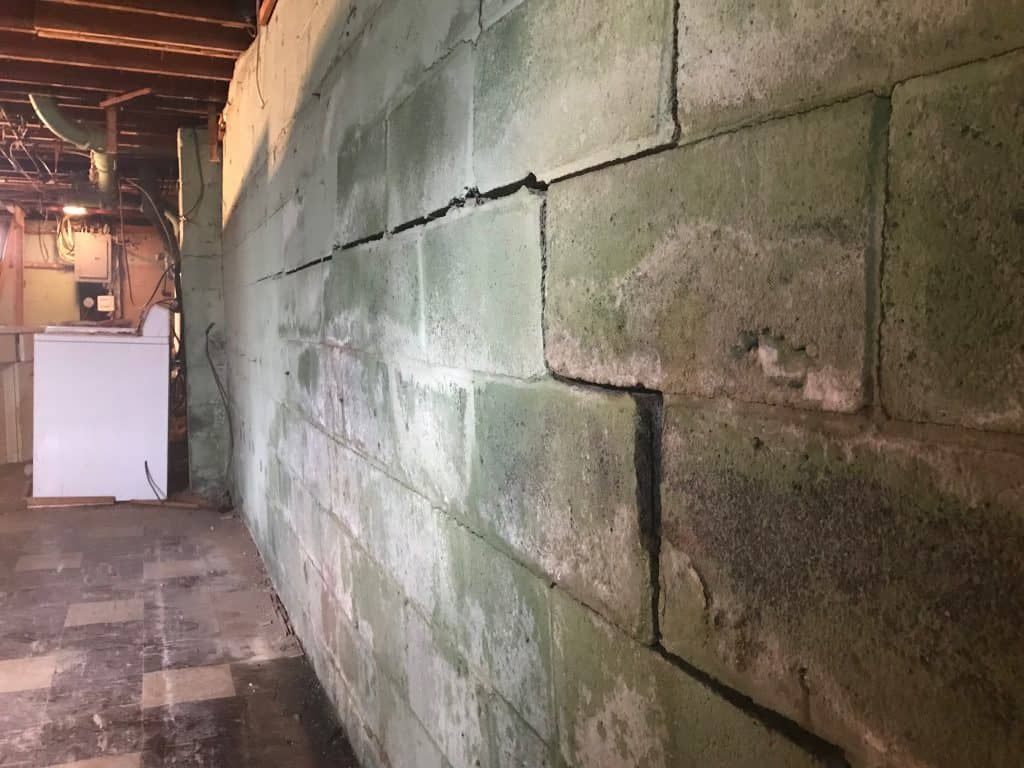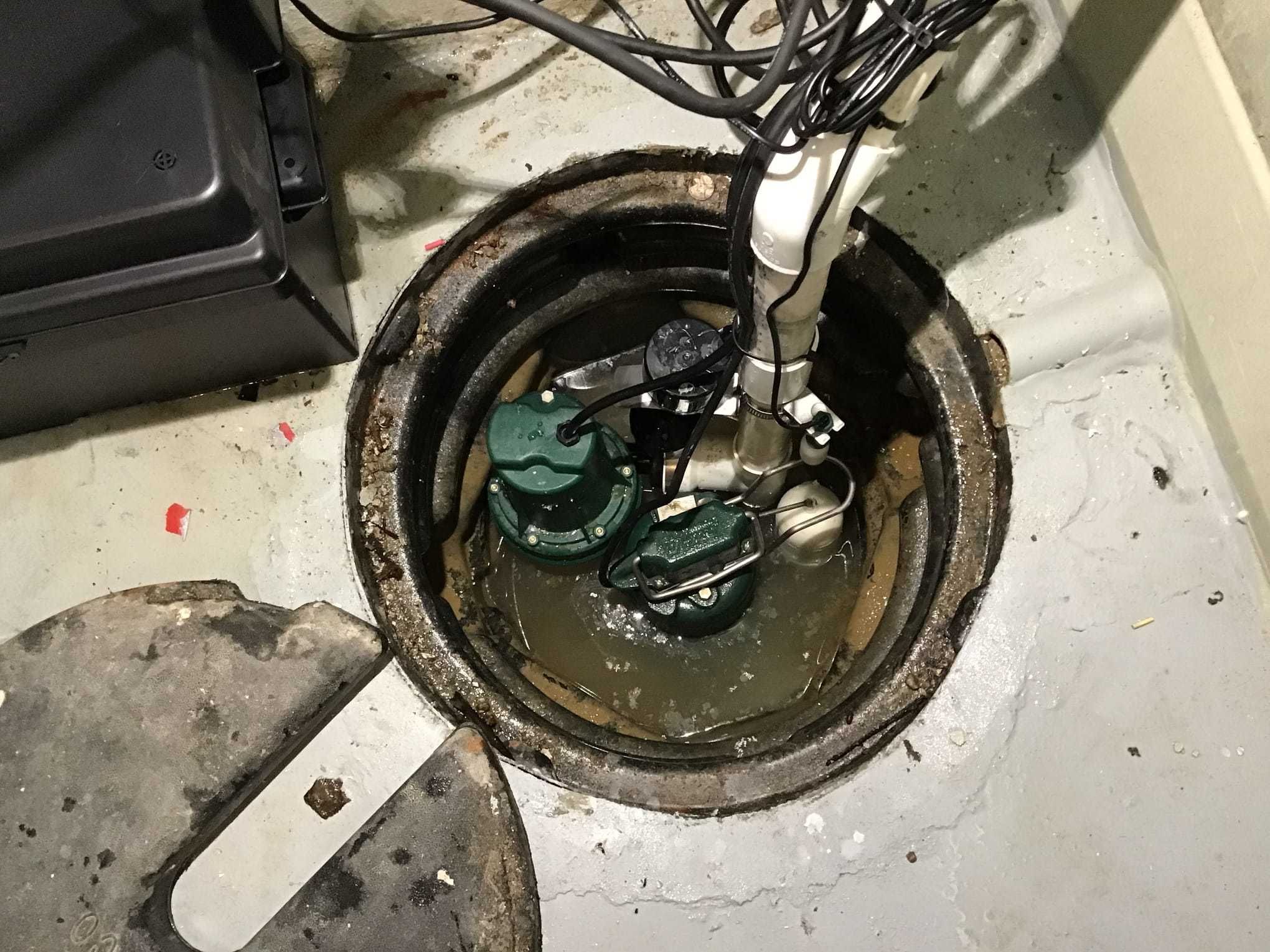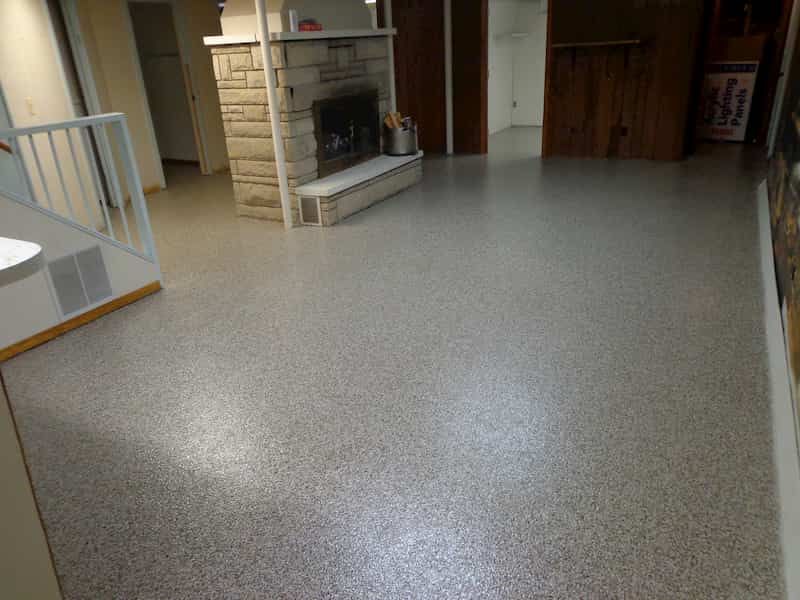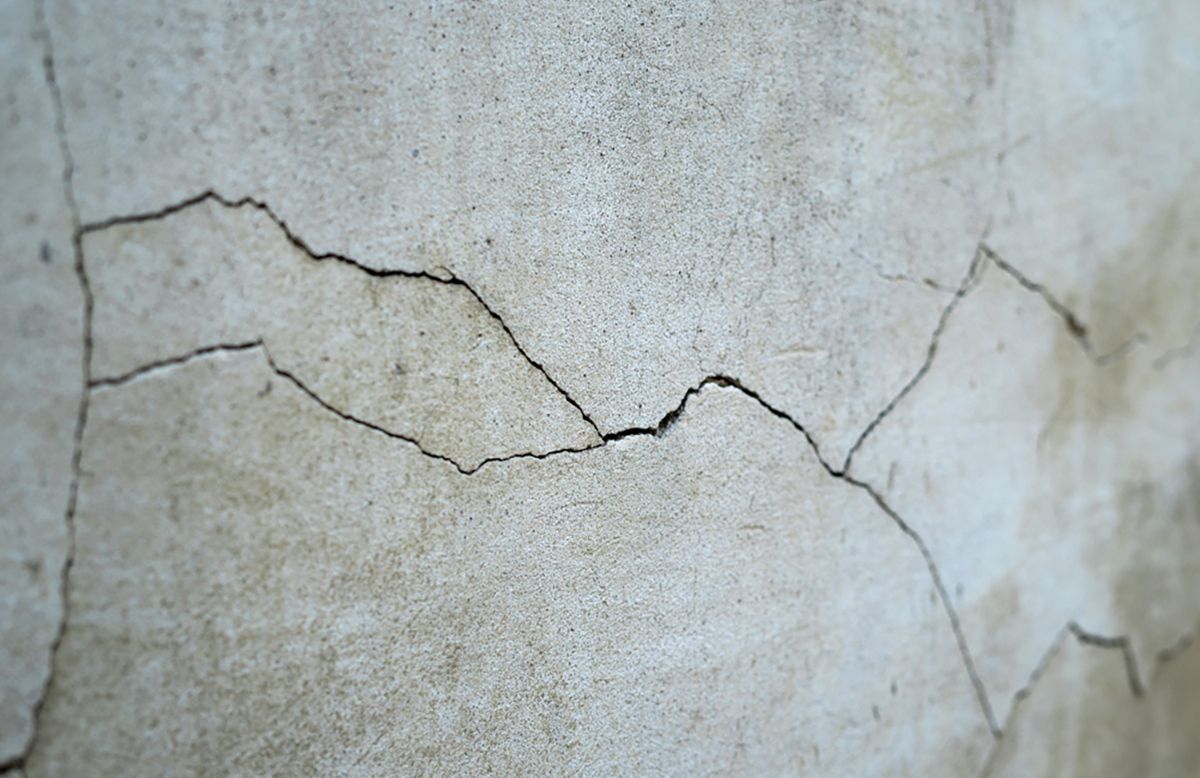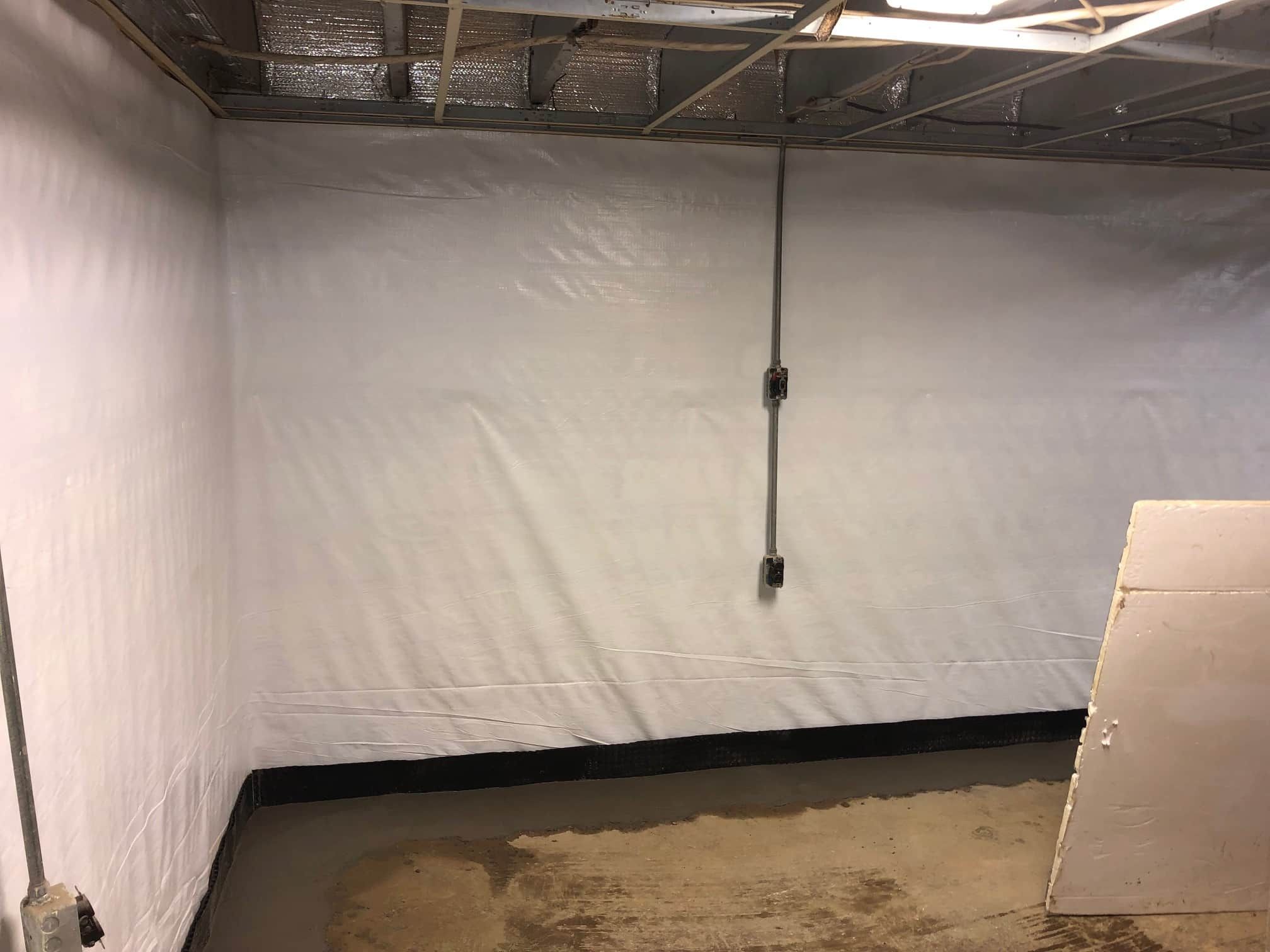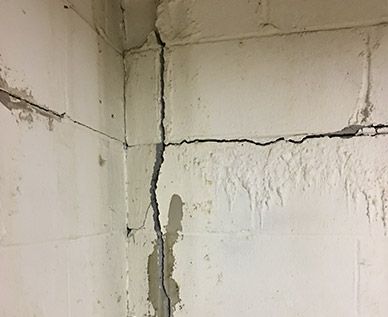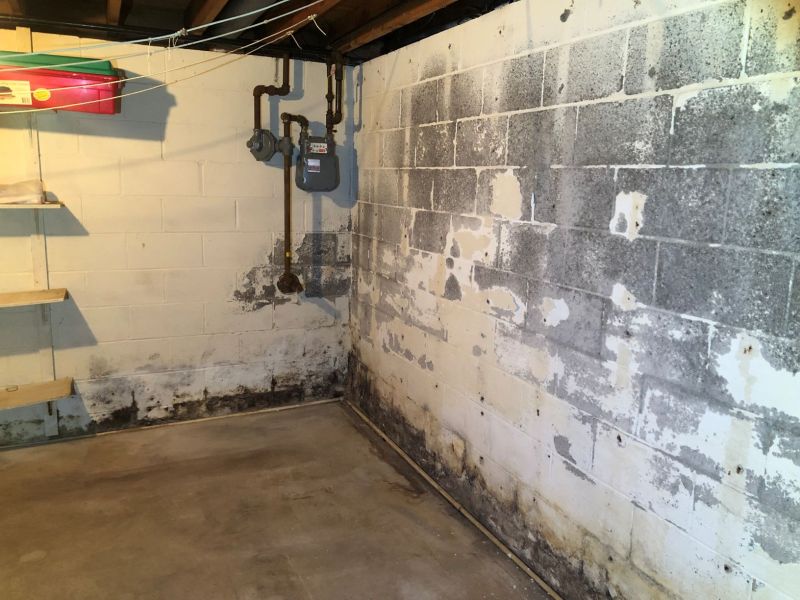
Preventing Mold in Nashville: Effective Strategies for Mold Remediation and Prevention
Nashville, Tennessee—a city known for its vibrant music scene, historic landmarks, and burgeoning real estate, is also a place where the climate and architecture make it particularly susceptible to mold growth.
Mold is a silent intruder, often found in the dark, damp nooks and crannies of homes and buildings, but its impact can be far-reaching, affecting not only the structural integrity of your space but also your health and that of your loved ones.
With this guide, we’ll trek through the perilous pathways that lead to mold infestations, understand the consequences if left unchecked, and arm you with the knowledge to prevent and remediate mold effectively.
Mold: How and Why It Grows
Mold is an organism that thrives on moisture, warmth, and dimly lit areas. In the rich, fertile environment of your basement or crawl space, all it takes is a small water leak or a burst pipe to set the stage for mold’s rapid growth.
Mold can quickly become a problem in Nashville homes, particularly those in areas prone to flooding or with limited air movement. High humidity levels, which are not uncommon in Nashville’s subtropical climate, add to these risks, making your space a potential breeding ground for mold spores.
Understanding the Damage Caused by Mold
Mold growth is not just unsightly; it also poses serious health risks, especially to those with allergies or weakened immune systems. It can grow on anything from drywall to wooden beams and cause significant structural damage.
The presence of mold can also severely compromise indoor air quality, leading to respiratory issues and other health problems over time. Therefore, it’s important to take mold growth seriously and address it promptly to avoid these potential hazards.
A Proactive Approach to Mold Prevention
Prevention is always better than cure, and this certainly holds true when it comes to dealing with mold in homes in Nashville. To keep mold at bay, it is important to control moisture, maintain good ventilation, and reinforce your home’s structural integrity against water damage.
Insulation plays a key role in regulating indoor temperatures, while regular inspections can help catch mold in its earliest stages, ensuring problems are addressed before they worsen.
Moisture Is the Enemy
Moisture in your home can come from various sources—an undetected leak, poor drainage, or even daily activities like cooking and bathing. The first step in mold prevention is to keep your home dry. This involves promptly identifying and fixing leaks, using exhaust fans or opening windows when cooking or showering, and ensuring that your HVAC system operates efficiently to maintain balanced humidity levels.
To underscore the importance of moisture control, consider installing a dehumidifier in areas where mold is most likely to take hold, such as basements or crawl spaces. These environments are particularly prone to high moisture levels and poor ventilation, making them ideal targets for mold.
Crawl Space and Basement Airflow
Ventilation is a simple yet powerful tool in the fight against mold. Stagnant, humid air provides the perfect setting for mold, but a well-ventilated home does the opposite. Ceiling fans, air vents, and open windows all contribute to air movement, preventing moisture from settling and creating a habitat for mold spores.
For areas like attics and crawl spaces, proper ventilation must be integrated into the building’s design or added through retrofitting. These often-neglected spaces can harbor significant moisture, which, when stirred up by drafts or changes in temperature, can cause mold issues throughout the house.
Insulation to Prevent Mold Growth
Insulation is not just about retaining heat during winter. It also helps to regulate temperatures and reduce condensation within the home, particularly in areas with high humidity.
For residents of Nashville, it is crucial to have a good understanding of insulation’s R-value and ensure it meets recommended levels. Proper insulation can help reduce the risk of mold growth by creating a barrier that prevents warm, moist air from coming into contact with cooler surfaces.
Basement and Crawl Space Waterproofing
In addition to insulation, homeowners should also consider waterproofing their basement and crawl spaces. These areas are at risk of moisture seeping in from the ground or through cracks in the foundation, which can lead to mold growth.
Basement and crawl space waterproofing methods include installing a sump pump, sealing any cracks or gaps, and applying a waterproof membrane on the walls and floor. These measures can help keep moisture out and prevent mold growth in these vulnerable areas.
The Power of Regular Inspections
The key to effective mold prevention is awareness. Regular, thorough inspections of your home can catch potential problem areas before they become full-blown mold incidents. From identifying leaks to noticing discoloration on walls, early detection is your most powerful tool.
When to Call A Mold Removal Expert
For Nashville residents, it’s also important to know when to call in the experts. DFX Foundation & Waterproofing Experts provides professional mold inspections and remediation services, leveraging their knowledge and experience to keep your home mold-free.
Conclusion
Mold is a threat that is present everywhere in Nashville’s humid climate. However, you can take the necessary precautions and implement effective strategies to create an environment that is not conducive to mold growth.
By being proactive and following the guidelines outlined in this guide, you can protect your home from the harmful effects of mold and ensure a healthy and safe living space. Remember, prevention is always better than cure, and by taking these steps, you can prevent mold from becoming a problem in your home.
Don’t wait until it’s too late to deal with mold.
Table of Contents
Other Blogs You May Be Interested In


